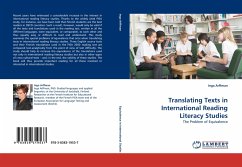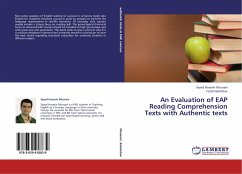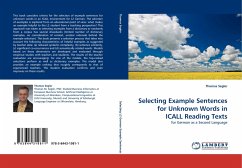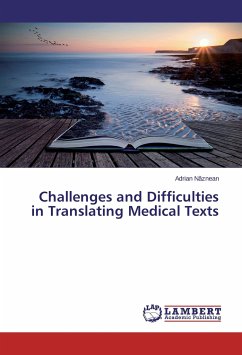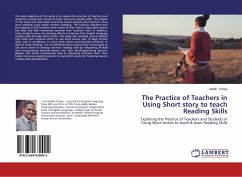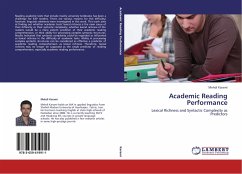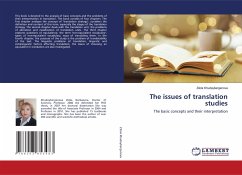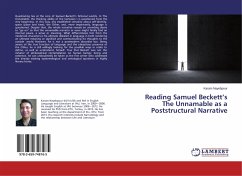Recent years have witnessed a considerable increase in the interest in international reading literacy studies. Thanks to the widely cited PISA study, for instance, we have been told that Finnish students are the best readers in OECD countries. Such a result, however, would only be valid if all the texts and translations used in the reading test, written in all the different languages, were equivalent, or comparable, to each other and thus equally easy or difficult to read and understand. This study examines the special problems of equivalence that arise when translating texts in international reading literacy studies. Three English source texts and their Finnish translations used in the PISA 2000 reading test are compared text-analytically from the point of view of text difficulty. The study should help to increase the equivalence of the translations used not only in international reading literacy studies but also in other types of cross-cultural tests and, in the end, the validity of these studies. The book will thus provide important reading for all those involved or interested in international studies.
Bitte wählen Sie Ihr Anliegen aus.
Rechnungen
Retourenschein anfordern
Bestellstatus
Storno

